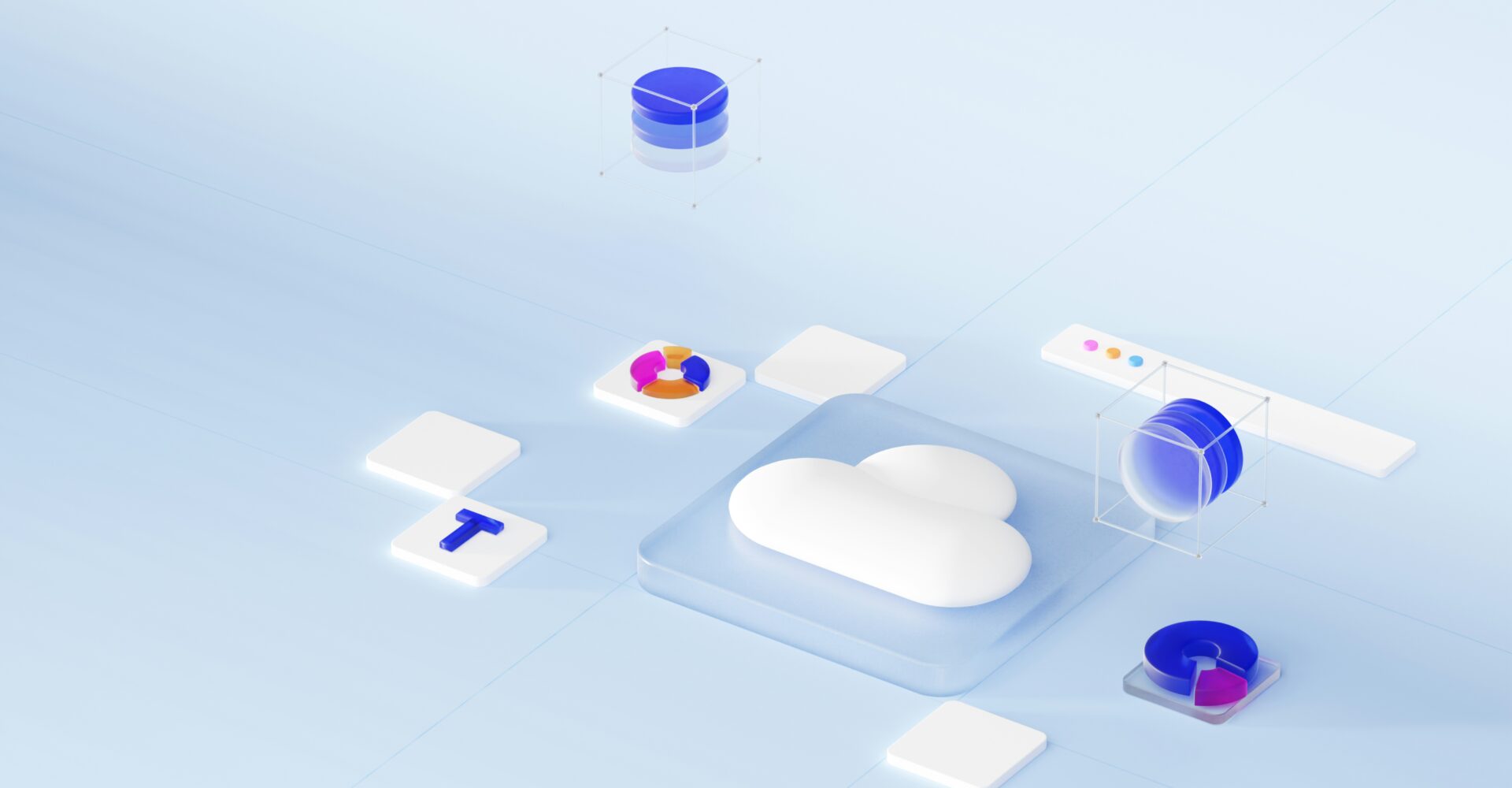Efficiency and Cost Reduction Through AI
Transforming Customer Service with Faster Response Times and Automated Interactions
Artificial intelligence (AI) is revolutionizing customer service by streamlining operations, slashing response times, and reducing operational costs.
62% of customer support specialists believe AI enhances their ability to understand customers, while 71% of service leaders plan to increase AI investments.
Businesses are achieving 50% faster resolution times and 30% reductions in operational expenses.
This article explores how AI-driven tools are reshaping service delivery with 24/7 support and scalable, efficient solutions.
The Strategic Imperative for AI in Customer Service
Rising Consumer Expectations and Operational Pressures
Modern customers demand instant resolutions, with 75% expecting responses within five minutes.
AI addresses this gap by processing thousands of interactions simultaneously. AI-powered chatbots resolve 80% of routine inquiries without human intervention, allowing agents to focus on complex issues.
Cost Dynamics of Legacy Support Systems
Manual customer service models cost $10–$14 per live agent call. AI reduces per-query costs by 90% and optimizes staffing needs through machine learning.
How AI Accelerates Response Times
Real-Time Data Processing and Decision-Making
AI platforms like ChatGPT 3.5 deliver responses in 6.1 seconds, compared to 41.3 seconds for ChatGPT 4.0.
AI prioritizes urgency, routes simple queries to bots, and escalates complex issues, reducing average handling time by 30%.
Case Study: Salesforce’s Einstein AI
Einstein AI cuts resolution time by 40% through predictive routing and customer history access.
Agents get real-time suggestions, boosting first-contact resolution by 20%.
24/7 Availability and Instant Resolutions
AI systems work continuously, critical for global businesses. 68% of customers prefer self-service outside business hours.
Chatbots like Sephora’s Virtual Artist reduce support tickets by 25%.
Automating Initial Interactions for Scalability
Chatbots and Intelligent Virtual Assistants
AI chatbots handle 70–80% of routine queries using NLP. 75% of consumers report accurate chatbot resolutions.
Table: Impact of AI Automation on Query Resolution
| Metric | Traditional Model | AI-Driven Model |
|---|---|---|
| Average Resolution Time | 24 hours | 2 hours |
| Cost per Interaction | $12 | $1.20 |
| Customer Satisfaction | 68% | 89% |
Data sourced from IBM, KlausApp, and Intercom studies.
Seamless Escalation to Human Agents
AI transfers complex issues to agents with full context, cutting call duration by 25%. IVR systems also pre-screen customers for efficiency.
Cost Reduction Through AI Optimization
Lowering Labor and Infrastructure Expenses
AI automates data entry, summaries, and routing. For a mid-sized e-commerce firm, chatbots reduced agent load by 50%, saving $2.4 million annually.
Cloud-based AI reduces IT expenses by 35%.
Energy Efficiency and Sustainability
Though each ChatGPT interaction uses 2.9 watt-hours, energy use has dropped 40% since 2023 due to optimized algorithms and asynchronous processing.
Future Trends: Autonomous AI and Predictive Support
Gartner’s 2029 Forecast for Agentic AI
By 2029, 80% of customer queries will be managed autonomously by AI, reducing costs by 30%. These systems will detect and resolve issues like payment failures without human input.
Predictive Personalization and Emotional AI
AI now senses tone, sentiment, and behavior to personalize interactions. Emotion-aware AI reduces customer churn by 18% through empathetic responses.
Conclusion: Balancing Efficiency and Human Touch
AI is not replacing humans—it’s enhancing them. Companies using AI report 45% faster resolution, 35% lower costs, and 20% greater retention.
To remain competitive, businesses must invest in AI training, ethical use, and continuous model refinement.
Platforms like Convin’s AI Phone Calls and Salesforce Einstein offer a head start in AI-powered customer service transformation.




